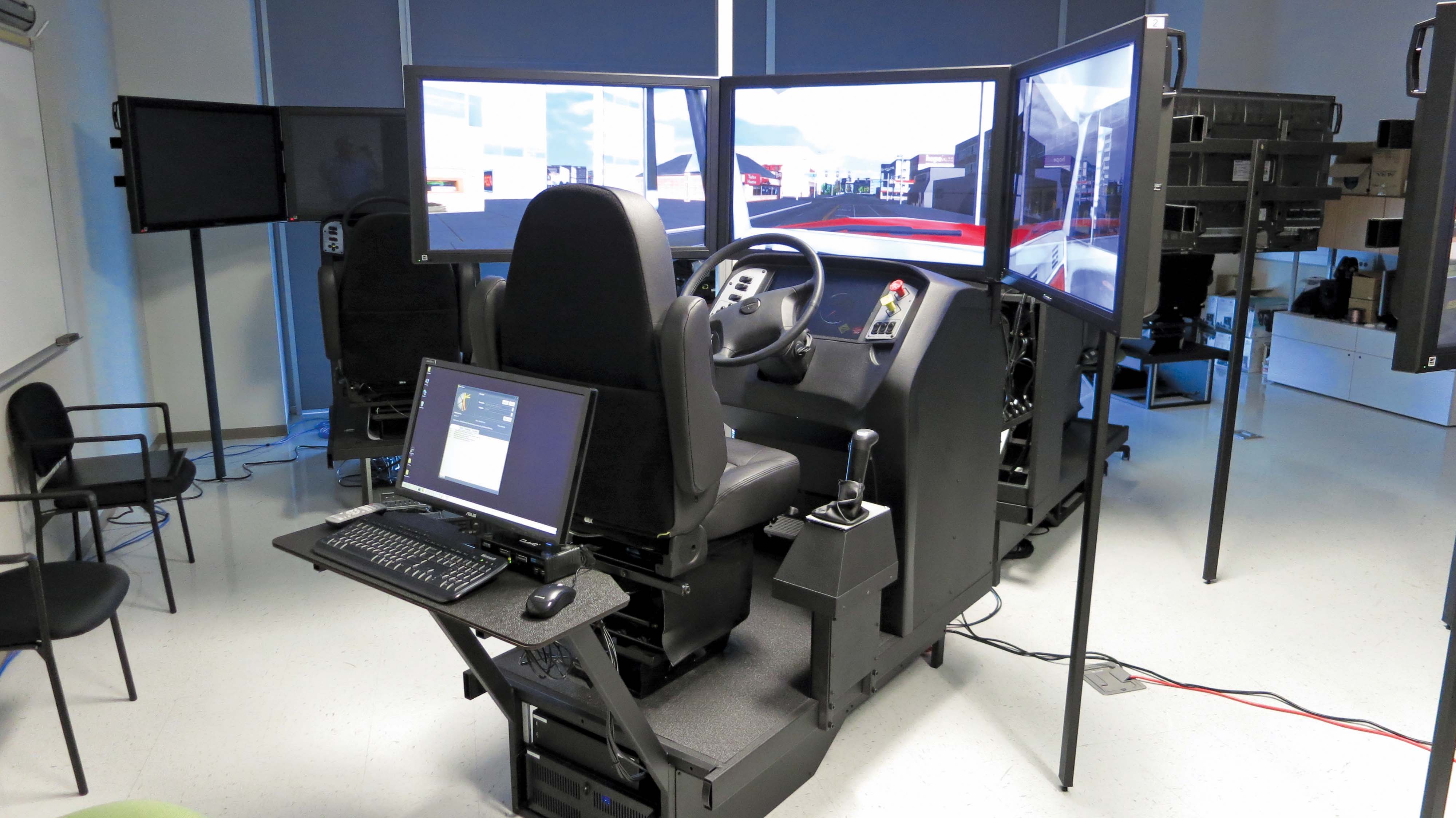According to research produced by Utrecht University in the Netherlands and published in the Journal of Sleep Research, just two hours of continuous nocturnal driving is sufficient to produce driving impairment comparable to a blood alcohol concentration (BAC) of 0.05%. After four hours, driving impairment corresponded to a BAC of 0.10% - well over the drink drive limit for most countries.
According to research produced by 5584 Utrecht University in the Netherlands and published in the Journal of Sleep Research, just two hours of continuous nocturnal driving is sufficient to produce driving impairment comparable to a blood alcohol concentration (BAC) of 0.05%. After four hours, driving impairment corresponded to a BAC of 0.10% - well over the drink drive limit for most countries.
To arrive at these conclusions, researchers at Utrecht tested 14 healthy young men who drove three sessions during night-time on the open road. The driving sessions were of two, four, and eight hours (03:00–05:00, 01:00–05:00 and 21:00–05:00 hours) duration. They had to drive at a constant speed (130 km/h; 80 mph) and maintain a steady position in the middle of the traffic lane.
Standard deviation of lateral position (SDLP, cm) - measuring the weaving of the car in the last driving hour of each session - was the primary parameter which enabled the researchers to compare the effects of prolonged nocturnal highway driving with driving impairment (SDLP increment) observed at different BACs.
As the research points out, in industrialised countries, one-fifth of all traffic accidents can be ascribed to sleepiness behind the wheel. Indeed, the number of reported sleep-related accidents is probably an underestimation since it is difficult to assess driver sleepiness objectively. In quantifying the major impact of duration of nocturnal driving, the researchers believe that the comparison with BAC levels provides policy makers with evidence-based driving duration limits and makes the impact of prolonged nocturnal driving readily understandable to drivers.
To arrive at these conclusions, researchers at Utrecht tested 14 healthy young men who drove three sessions during night-time on the open road. The driving sessions were of two, four, and eight hours (03:00–05:00, 01:00–05:00 and 21:00–05:00 hours) duration. They had to drive at a constant speed (130 km/h; 80 mph) and maintain a steady position in the middle of the traffic lane.
Standard deviation of lateral position (SDLP, cm) - measuring the weaving of the car in the last driving hour of each session - was the primary parameter which enabled the researchers to compare the effects of prolonged nocturnal highway driving with driving impairment (SDLP increment) observed at different BACs.
As the research points out, in industrialised countries, one-fifth of all traffic accidents can be ascribed to sleepiness behind the wheel. Indeed, the number of reported sleep-related accidents is probably an underestimation since it is difficult to assess driver sleepiness objectively. In quantifying the major impact of duration of nocturnal driving, the researchers believe that the comparison with BAC levels provides policy makers with evidence-based driving duration limits and makes the impact of prolonged nocturnal driving readily understandable to drivers.











